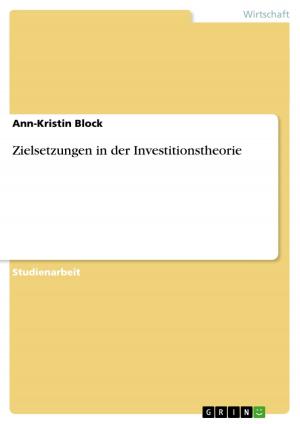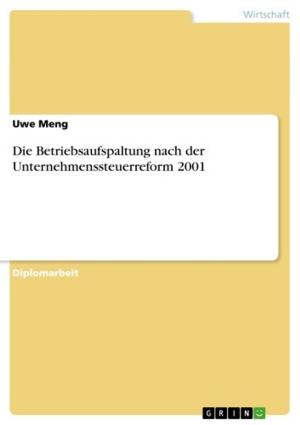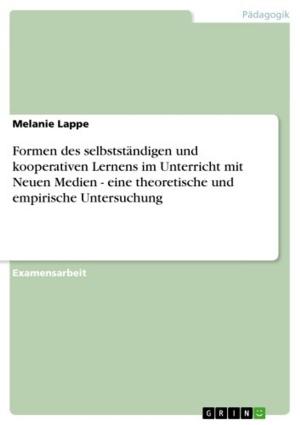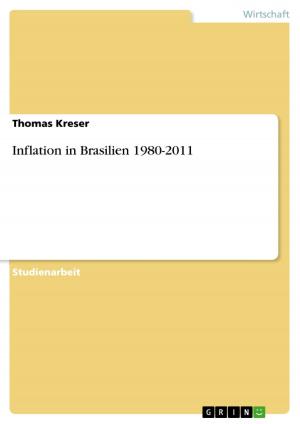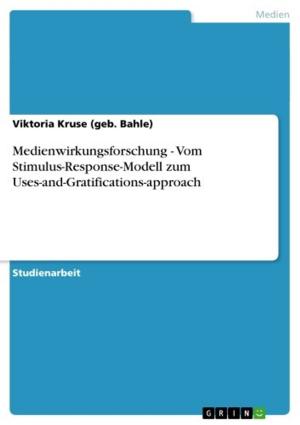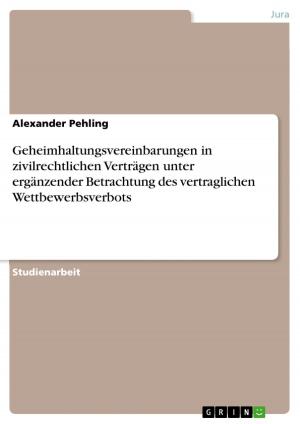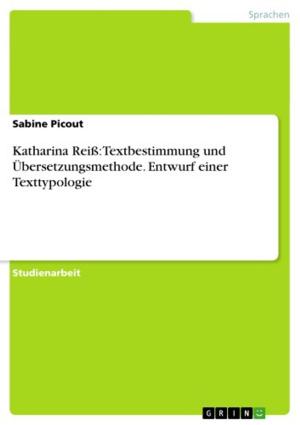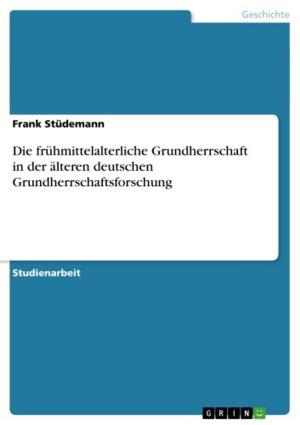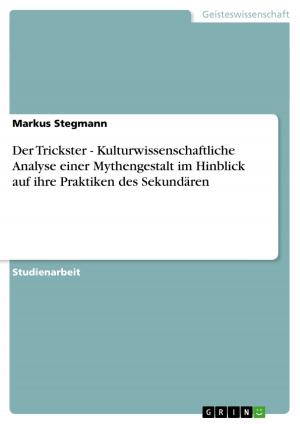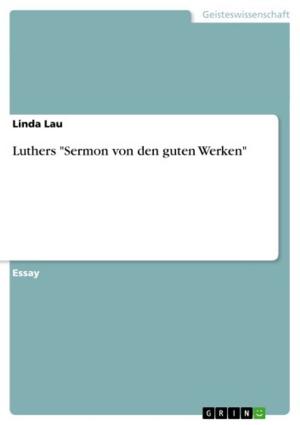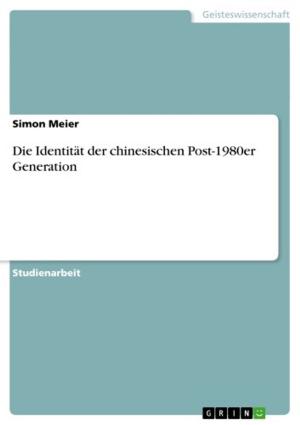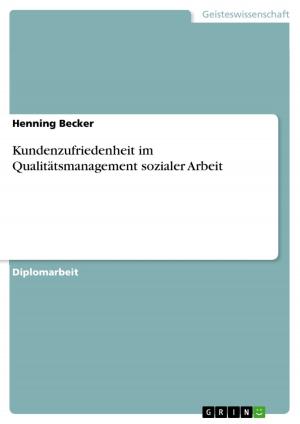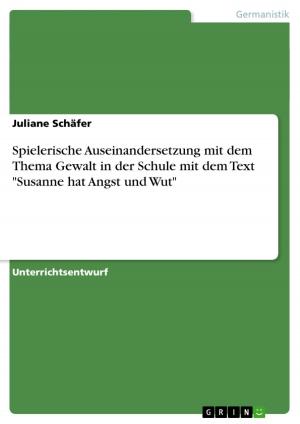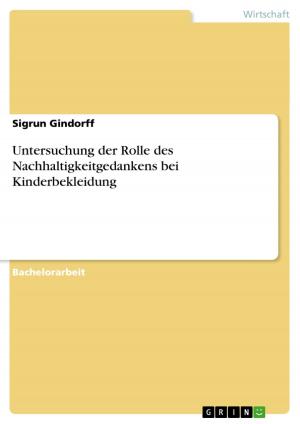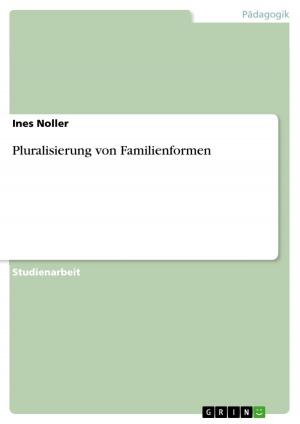| Author: | Desirée Kuthe | ISBN: | 9783638822251 |
| Publisher: | GRIN Verlag | Publication: | July 18, 2007 |
| Imprint: | GRIN Verlag | Language: | English |
| Author: | Desirée Kuthe |
| ISBN: | 9783638822251 |
| Publisher: | GRIN Verlag |
| Publication: | July 18, 2007 |
| Imprint: | GRIN Verlag |
| Language: | English |
Seminar paper from the year 2007 in the subject English Language and Literature Studies - Linguistics, grade: 1,3, University of Córdoba, 4 entries in the bibliography, language: English, abstract: Latin has always had a major influence on the English lexicon, from the Germanic period - even during the continental era, before the Germanics reached the British Isles - until today. It has also been the first and most consistent of the many languages English has borrowed from, during its gradual development into what we nowadays know as 'English'. More than 300 words have even 'survived' into Modern English in their original Latin form, words such as actor, labor, elevator and vertigo. The accent of this paper, which will explore the respective loans English made in its various historical periods, will be on Old English, as it can most interestingly be divided into three periods of borrowing from Latin, the third of which, according to Albert C. Baugh and Thomas Cable, 'marks the real beginning of the English habit to freely incorporate foreign elements into its vocabulary.'
Seminar paper from the year 2007 in the subject English Language and Literature Studies - Linguistics, grade: 1,3, University of Córdoba, 4 entries in the bibliography, language: English, abstract: Latin has always had a major influence on the English lexicon, from the Germanic period - even during the continental era, before the Germanics reached the British Isles - until today. It has also been the first and most consistent of the many languages English has borrowed from, during its gradual development into what we nowadays know as 'English'. More than 300 words have even 'survived' into Modern English in their original Latin form, words such as actor, labor, elevator and vertigo. The accent of this paper, which will explore the respective loans English made in its various historical periods, will be on Old English, as it can most interestingly be divided into three periods of borrowing from Latin, the third of which, according to Albert C. Baugh and Thomas Cable, 'marks the real beginning of the English habit to freely incorporate foreign elements into its vocabulary.'

